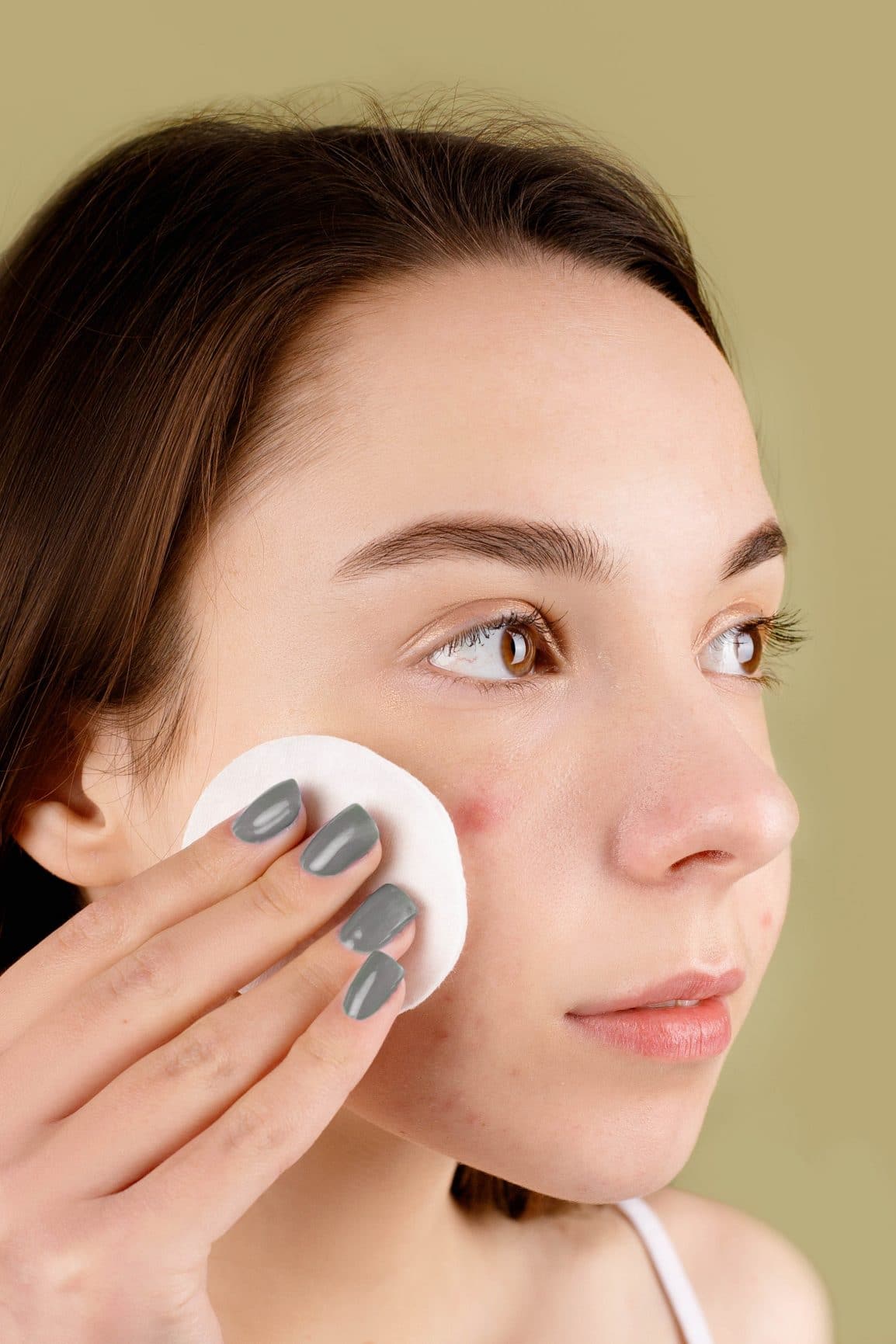Acne is a skin condition that’s particularly common among teenagers but affects people of all ages. It’s caused when the hair follicles become clogged with oil and dead skin cells, causing blackheads, whiteheads and painful lumps under the skin.
It can be painful to the touch, but often people are more troubled by the emotional impact of having acne than the physical.
There are a few things that you can try if you have acne which can help to clear it.
Do wash your face twice daily
If you have acne it can be tempting to wash your face multiple times throughout the day, to get rid of the oil and dirt that’s clogging your pores. However, if you have acne it’s likely that your skin is quite sensitive and washing it too often is likely to make it irritated and sore.
Dermatologists recommend washing your skin twice each day, once in the morning and once at night. If you exercise and it causes you to sweat heavily, you should also wash it then, too, as sweat can cause skin irritation.
Be sure to choose a facial cleanser that has been designed to combat acne. Look out for labels on face washes like oil-free and non-comedogenic, as these face washes will not clog the pores and won’t lead to worsening acne.
According to the American Academy of Dermatology, touching, picking or popping pimples can actually make acne much worse.
Resist the urge to touch skin that is prone to acne too often if you want to clear it more quickly.
If you are struggling with scarring for acne, then you may find that a medical peel is helpful.
A medical peel is a procedure where the outer layer of old skin is removed, revealing the new layers of skin underneath. This procedure is helpful for evening out skin tone and helping the skin to appear fresher.
You can learn more about medical peels from a medical professional at lieselholler.com
It’s important that you wash any clothing and linens that come into contact with your face regularly, as this will help to dirt and oil that can become trapped in the pores and make acne worse.
Think about things like your bedding, pillowcases, hats, scarves and anything else that might touch the areas of skin that you find are worst affected.
If you are trying a new regimen or treatments to address your acne, be sure that you give it enough time to work. In general, it will take from four to six weeks for a treatment to take effect. It can be tempting to keep trying new things every few days, but this isn’t the most effective way to treat acne.
It’s best to just try one thing at a time (unless you have been told otherwise by your doctor or dermatologist) as this will prevent your skin from becoming irritated, and it will mean that you can objectively tell what has worked, and what has now.

